Written by Kate Higgins, Director of Operations at RefuAid, on 6th July 2021:
6th July was a bad day for our sector. But a far worse day for human rights.
On a day when the High Court ruled that the Home Office have wrongly deported a Sudanese asylum seeker and have a responsibility to return him to the UK, the very same Home Office have published their abhorrent new Borders Bill.
In its current format, the proposed bill inherently undermines the 1951 Refugee Convention - a multinational treaty that was established in the wake of WWII, in order to protect those fleeing from persecution and human rights violations. The convention was established with a "never again" mentality, motivated by a common compassion and humanity. And yet our memory as a nation seems to be fading pretty quickly; "never again" feels strangely like it’s happening again all too soon.
This bill actively contravenes human rights legislation, effectively criminalises the pursuit of safety and those who undertake rescue missions, whilst continuing to punish the most vulnerable. And yet, no practical, effective or logical solutions have been put forward as an alternative. The minimal proposals that have been made offer inhumane and financially inefficient solutions that do nothing to address the real issues but serve only to appease a far-right agenda and extend the hostile environment.
The proposed plan seeks to categorise asylum seekers into “Group 1” and “Group 2”. Individuals who find themselves in Group 1 are considered to have travelled directly from the country they are fleeing and have claimed asylum in the UK without delay. As such, they are entitled to particular rights and so-called privileges.
Anyone else – that is, those who arrive via “irregular means” - would be categorised as Group 2 and would have restricted entitlements, including limited access to family reunification. The majority of asylum seekers would therefore be categorised as Group 2, not only because there is a lack of viable, safe and legal routes, but also because the majority of displaced people will travel to neighbouring countries for immediate safety, before pursuing an asylum claim elsewhere.
According to Together with Refugees, this new system would mean that two thirds of the women and children who are currently entitled to claim asylum in the UK, would now be turned away under these new regulations.
Much of the rhetoric - both in the media and political discourse – has focussed on the UK’s need to establish a system of deterrence that actively discourages asylum seekers from travelling to the UK. This narrative is largely derived from fabricated and over exaggerated portrayals of the number of arrivals – fuelled by media catastrophising and the prominence of right-wing commentators. This is incredibly misleading; comparatively, the UK takes fewer asylum seekers than other EU countries, including Germany, France, Spain and Italy.
An additional layer of misleading commentary that has been attached to these claims suggests that asylum seekers choose to travel to the UK to take advantage of a generous welfare system. But to suggest that individuals and families would risk their lives and - more often than not - their entire life savings for £39.63 per week and sub-standard accommodation that is often not fit for purpose, is both wholly illogical and simply insensitive. There really is little sense to this “pull-factor” theory; asylum seekers in the UK have no access to employment and limited access to adequate finance or freedom of movement.
One of our clients, who has been awaiting a decision on his asylum claim for over two years, recently confided: “Imagine you are young, you have a dream, but you are sitting for years without any progress. No study, no work, just lying in bed all day and all night, and you don’t know how long you will stay in this situation. People like me lose out on opportunities despite years of hard work and resilience. I am tired of this system. Sometimes it’s better to die than to live in a situation like this.”
People do not choose the UK and the inevitable dangers and costs associated with the journey, simply because they see it as an easy choice with the promise of endless benefits. Instead, language, presence of family or friends, colonial ties and human rights records are considered to be determining factors. If you were forced to flee your home in order to save your life, would you not choose a country in which you have family and are able to communicate effectively?
So make no mistake, this bill is not a deterrent and will not stop people making dangerous crossings to the UK or putting their lives in the hands of people smugglers. On the contrary, more people will be forced into making unsafe journeys in order to reunify with loved ones and find safety, given that there are no viable alternatives. Instead, our focus should be on providing sustainable safe and legal routes; tackling human rights violations such as human trafficking and people smuggling; and fostering integration and independence of those who seek asylum on our shores.
I put it to you - if the Home Office are incapable of making accurate, fair and legal (!) decisions in the current system, which has been in place for years, how can we expect them to do so in a new system that is intrinsically designed to strip people of their dignity, rights and entitlements?
If this is what “taking back control” means, perhaps we never really had control in the first place.

